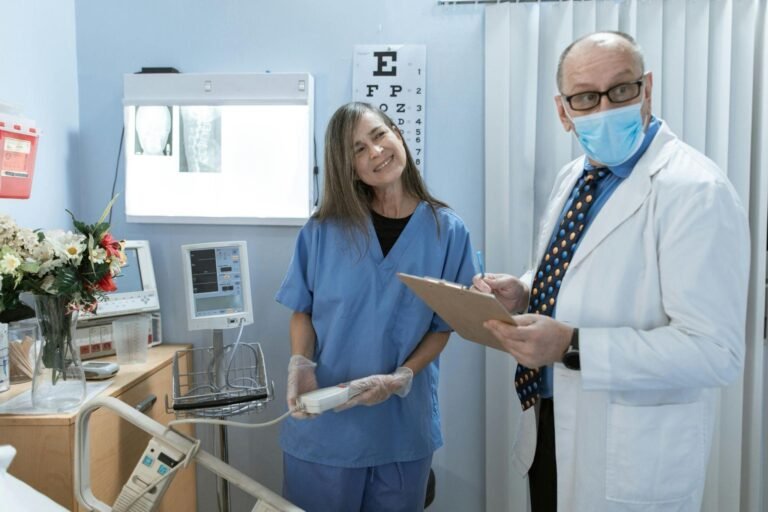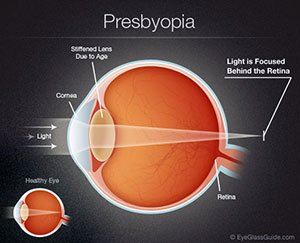Are you a registered nurse thinking about advancing your career? The healthcare field is constantly evolving, and staying ahead often means pursuing higher education. One significant step you can take is earning a Bachelor of Science in Nursing (BSN). This degree can open up new career opportunities, improve your clinical skills, and enhance your overall job satisfaction.
Let’s explore why earning a BSN is beneficial for registered nurses and how it can positively impact your career.
Enhanced Clinical Skills and Knowledge
Earning a BSN equips nurses with advanced clinical skills and a deeper understanding of healthcare. Unlike an associate degree in nursing (ADN), a BSN program delves into more complex topics, including evidence-based practice, patient care technology, and healthcare systems. This advanced training allows nurses to provide higher-quality care to their patients.
BSN programs emphasize evidence-based practice, which is crucial in modern healthcare. Nurses learn how to critically analyze research and apply findings to their clinical practice. This approach ensures that patient care is grounded in the latest scientific evidence, leading to better outcomes. For instance, a BSN-prepared nurse can more effectively implement new protocols and treatments based on current research, improving patient safety and care quality.
Accelerated Paths to a BSN Degree
For working nurses, the idea of going back to school might seem challenging. However, many programs are designed with flexibility in mind. Online programs, in particular, offer the convenience of studying from anywhere, at any time. This flexibility is especially beneficial for nurses with demanding schedules. You can balance your work, family, and education without sacrificing any aspect of your life.
These accelerated programs are tailored for registered nurses, allowing you to complete your degree quickly and efficiently. You can even enroll in a 6-month RN to BSN program online, which lets you advance your education without putting your career on hold.
Increased Career Opportunities
One of the most compelling reasons to earn a BSN is the increase in career opportunities. A BSN degree makes you eligible for a wider range of nursing roles, many of which come with higher salaries and greater responsibilities. For example, BSN-prepared nurses can work as Public Health Nurses, Clinical Research Nurses, or Case Management Nurses.
Public Health Nurses play a crucial role in improving community health by educating the public, developing health programs, and advocating for health policy changes. Clinical Research Nurses, on the other hand, are involved in conducting research studies that contribute to advancements in medical knowledge and treatments. These roles require the advanced skills and knowledge that a BSN program provides.
Leadership and Management Skills
BSN programs don’t just focus on clinical skills; they also emphasize leadership and management training. These skills are vital for nurses who aspire to take on leadership roles within their organizations. Effective leadership in nursing can lead to better patient outcomes, improved team performance, and a more positive work environment.
Leadership courses in BSN programs cover topics such as team dynamics, conflict resolution, and effective communication. Nurses learn how to lead healthcare teams, manage resources, and advocate for their patients and staff. These skills are crucial for Charge Nurses, who oversee the work of other nurses and ensure that patient care standards are met.
Management training in BSN programs also includes an understanding of healthcare policy and financial management. This knowledge is essential for roles such as Quality Assurance Coordinator, where nurses must ensure that healthcare services meet regulatory standards and are delivered efficiently.
Better Patient Outcomes
Research has shown that BSN-prepared nurses are linked to better patient outcomes. Hospitals with a higher percentage of BSN-prepared nurses report lower mortality rates, fewer medication errors, and better overall patient outcomes. The advanced education and training that BSN programs provide enable nurses to make more informed decisions and provide higher-quality care.
One reason for these improved outcomes is the emphasis on critical thinking and clinical judgment in BSN programs. Nurses learn to assess complex patient situations, consider multiple factors, and make decisions based on evidence. This ability to think critically is crucial in preventing and managing complications, ensuring patient safety, and providing effective interventions.
Lifelong Learning and Professional Development
Nursing is a dynamic field that requires ongoing learning and adaptation. Earning a BSN is a significant step in your professional development, but it also lays the foundation for lifelong learning. BSN programs encourage nurses to engage in continuous education and professional growth, fostering a mindset of lifelong learning.
With a BSN, you’ll be better prepared to pursue advanced degrees, such as a Master’s or Doctoral degree in nursing. These advanced degrees can open up even more career opportunities, including roles in nursing education, advanced practice, and healthcare administration. The commitment to lifelong learning not only enhances your career prospects but also ensures that you stay current with the latest developments in healthcare.
BSN programs also provide opportunities for professional development through clinical experiences, internships, and research projects. These experiences allow you to apply your knowledge in real-world settings, develop new skills, and build a professional network.
Enhancing Community Health
BSN-prepared nurses are well-equipped to address public health challenges and improve community health outcomes. The comprehensive education provided in BSN programs includes a strong focus on community health, health promotion, and disease prevention. This training enables nurses to take a proactive approach to health, working to prevent illness and promote wellness in their communities.
In community health roles, BSN-prepared nurses can develop and implement health education programs, conduct health screenings, and advocate for public health policies. These activities are crucial for addressing health disparities and improving the overall health of populations. For example, a BSN-prepared nurse might work with local schools to develop nutrition and physical activity programs, helping to combat childhood obesity and promote healthy lifestyles.
Conclusion
Earning a BSN is a valuable investment in your nursing career. It enhances your clinical skills, increases your career opportunities, and prepares you for leadership roles. With a BSN, you’ll be equipped to provide higher-quality care, improve patient outcomes, and contribute to the health and well-being of your community.
If you’re ready to take the next step in your nursing career, consider enrolling in an accelerated BSn program. This convenient and efficient path can help you achieve your goals and advance your career quickly.

Daniel J. Morgan is the founder of Invidiata Magazine, a premier publication showcasing luxury living, arts, and culture. With a passion for excellence, Daniel has established the magazine as a beacon of sophistication and refinement, captivating discerning audiences worldwide.





